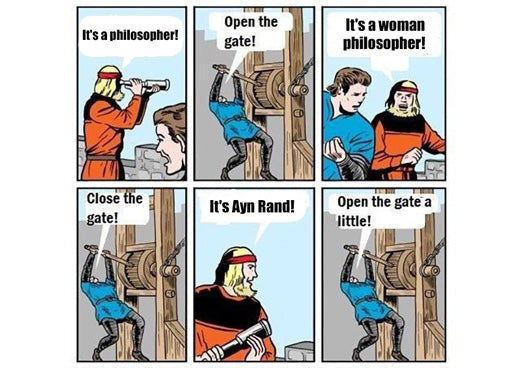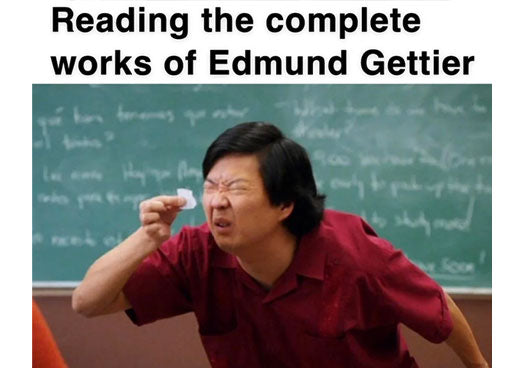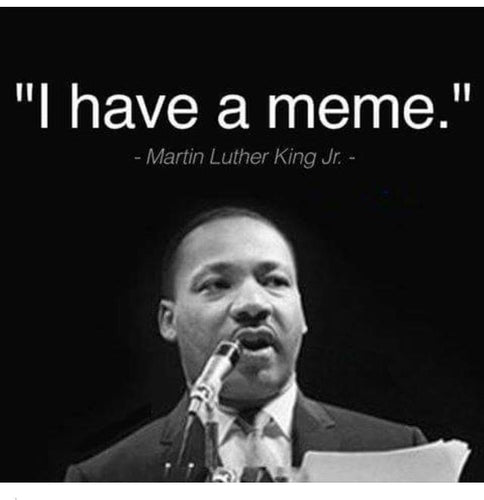Philosophical Dictionary
-

Constructive Discussion on Social Constructs
By Caroline Black
In which we discuss the philosophical concept of the social construct. What is a social construct and what makes something a social construct?
-

Alienatin' 9 to 5 with Marx
By Caroline Black
In which we discuss Karl Marx's theories of alienation of labor and wage slavery in our contemporary context.
-

Who Owns Philosophy? Open the Gate!
By Caroline Black
Philosophy has long been dominated by European men, but the love of wisdom shouldn't be exclusive. It's time to open the gates and welcome diverse perspectives into philosophical discourse.
-

Plot Twist: Your Reality Might Be Personalized (And Why That's Terrifying)
By Markus Uehleke
Ever noticed how your online world seems perfectly tailored to your tastes? While this personalization can be convenient, it also raises some unsettling questions.
-

Positive Trolling Through Nonviolent Resistance? The Legacy of Martin Luther King Jr.
By Caroline Black
In which we discuss the philosophy of Dr. Martin Luther King Jr., who helmed a powerful Civil Rights movement through the power of nonviolent resistance.
-

I Think Therefore I Honk: The Cogito Explained
By Caroline Black
Existence is everything and nothing. How do we know we exist? Or even better, how do we know that other people exist? Something so basic as existence should be obvious, but is it really? We don’t tend to wonder if...

















